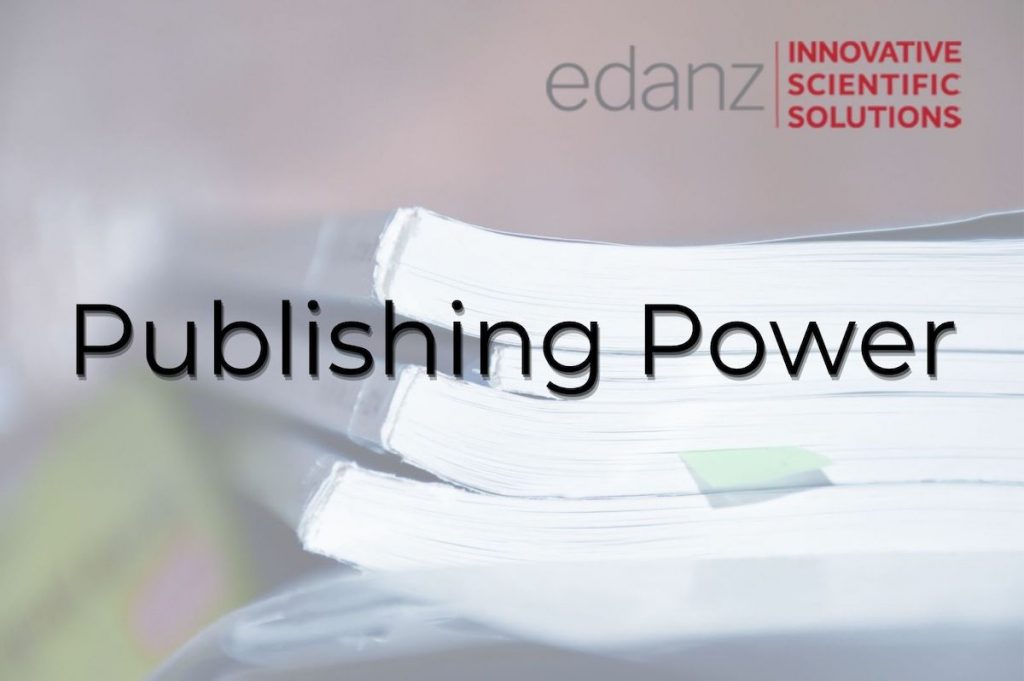There are a lot of journals out there to choose from and, unfortunately, not all of them are reputable.
So how do you know which journals are good to submit to or have sent you a legitimate request for peer review? We’ve provided here a short guide to help you distinguish reputable journals from non-reputable journals. These items are some of the key factors to look for that can help you identify whether a journal’s practices are likely to be trustworthy.
Signs of a non-reputable or predatory publisher:
- Email solicitation/spam – frequent and generic calls for papers directly emailed to you, or emails that your work has already been preselected for publication
- Not upfront about fees
- Publishes already published work without attribution to the original source
- No peer review
- Includes well-known researchers on their editorial board without their knowledge
- No listed Editor of the journal, or no academic information/qualifications on them provided
- Lack of transparency about their publishing processes
- Heavy advertising on website
- Published articles are of poor quality or obvious pseudo-science
- No author instructions
Tips for choosing a respectable publisher:
- Indexed in a major abstracting or indexing database (e.g. SCI, Scopus, Medline)
- Follows accepted ethical guidelines for your field
- History of good quality articles
- Clearly identified contact and location information
- Well maintained website, with no dead links, spelling errors, or the majority of pages “under construction”
- Realistic timelines for peer review or time to publication
- Associated with a respectable and well-known society or organization
- Clear policies on copyright
Although this list is by no means exhaustive, it will give you a good base for understanding the qualities that make a reputable journal. For a more extensive list, Jeffery Beall, an academic librarian from the University of Colorado Denver, has compiled a widely recognized list of predatory and non-reputable journals and the Stop Predatory Journals site provides a commendable and similar service.
The Edanz Journal Selector is a popular place to start your search. It may take a little while, but this will help you find a good journal.
If you’re short on time and want to some expert help, our Journal Selection service puts our expert research consultants to work choosing a customized list of journals for your manuscript. If you want to be sure your journal is reputable, this service is for you.



